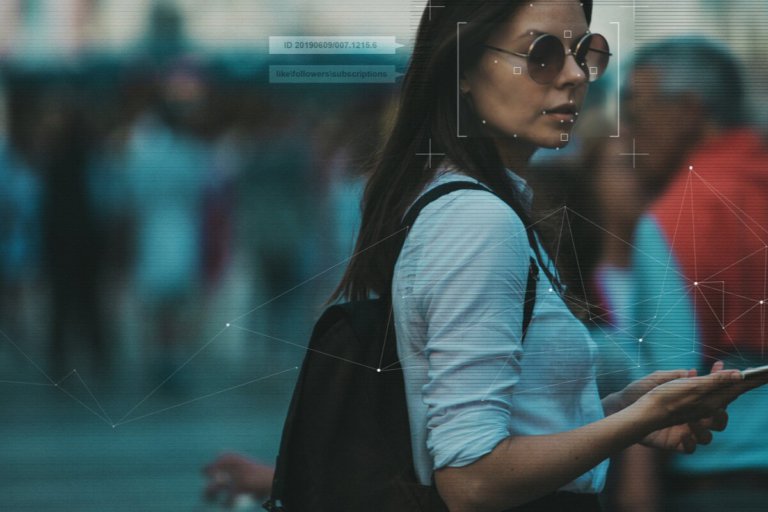
Facial recognition technology is growing in sophistication.
The technology is already being used to unlock our mobile phones, identify shoplifters, enhance security at airports and track students’ attendance.
Despite the proliferation of the technology, its use on university campuses has not bode well with fractions of students.
Recently, students across the US have participated in protests demanding their schools refrain from using facial recognition on campus, report The Guardian.
Students and digital rights group Fight for the Future protested on Mar 2 against a proposed facial recognition programme at the University of California, Los Angeles (UCLA). It led the school to drop the use of the technology.
Meanwhile, students at several dozen schools staged protests on campus this week while 36 schools saw online actions including petitions, according the report.
An imperfect technology
BREAKING: students across the country are planning a national day of action on March 2 to keep #facialrecognition off college campuses. Retweet to spread the word and get in touch with @fightfortheftr and @SSDP if you want to help!https://t.co/tIMEtv30XU pic.twitter.com/IPcquL94aN
— Fight for the Future (@fightfortheftr) February 11, 2020
Despite wide uses of facial recognition, the technology is still imperfect.
For instance, reports note that the technology has a “racial bias” problem, with minorities or people of colour often being wrongly matched to mugshots of individuals who have been arrested, reported cnet.
The Guardian said UCLA administrators proposed using facial recognition software for security surveillance on campus in 2019.
However, in Fight for the Future’s campaign against the programme, they ran facial recognition technology on over 400 photos of UCLA faculty members and athletes.
They found the software incorrectly matched 58 of those with photos in a mugshot database, with the majority of those misidentified by the database were people of colour.
Following the success from UCLA, students in other universities in the US also pushed against the adoption of facial recognition techbology at their own schools.
Students from nearly a dozen schools – including Kent State University, DePaul University, Yale Law School and University of Oregon – reportedly sent letters and emails to administrators expressing opposition to the facial recognition programmes.
Can facial recognition hurt vulnerable societies?
Fight for the Future notes on its website that “Facial recognition surveillance programmes identify the wrong person up to 98 percent of the time. These errors have real-world impacts, including harassment, wrongful imprisonment, and deportation.”
They add that it also violates human rights, adding that law enforcement officers frequently search facial recognition databases without warrants or reasonable suspicion that a person has done anything wrong, thus violating the Fourth Amendment.
Data from the organisation also notes that at least 11 institutions in the US are currently using facial recognition on campus.
Liked this? Then you’ll love…
Will the 2020s see more facial recognition software used in schools?
AI could transform life beyond recognition. Is that why we’re afraid of it?








